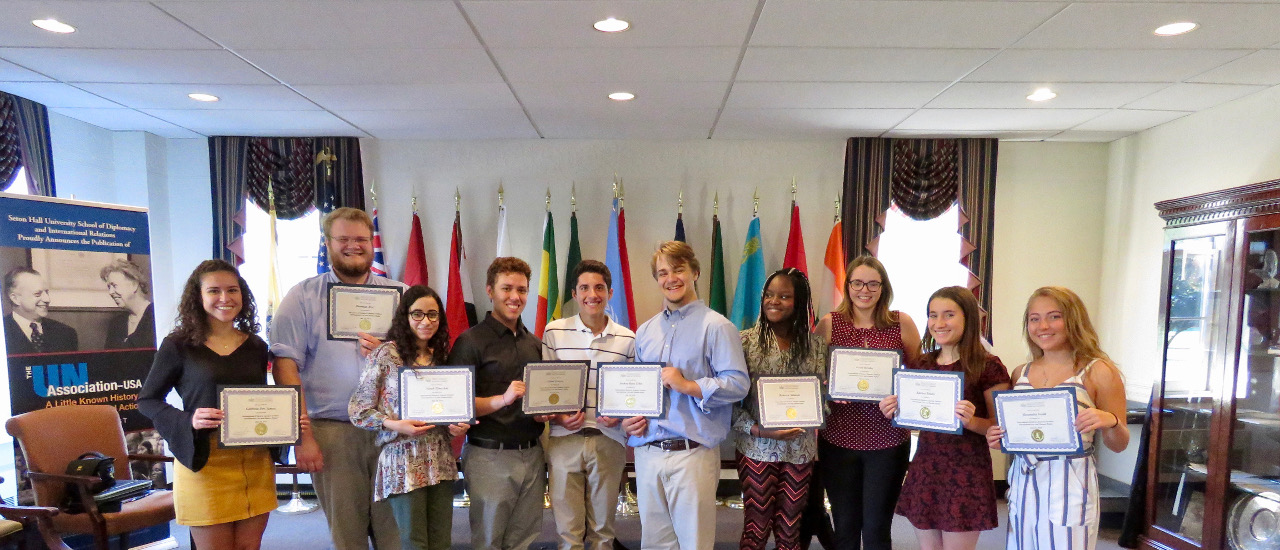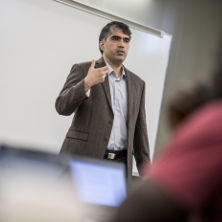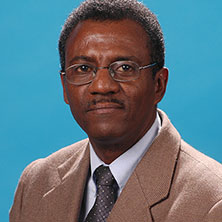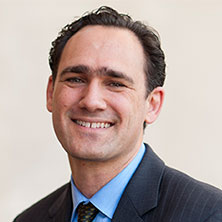The Global Affairs Certificate requires the completion of four courses for a total
of 12 credits. There is one required course and then two options to pursue the remaining
9 credits from there. The first option requires completion of one course from each
of three specialized areas, developing breadth of knowledge. The second option requires
the completion of three classes from within one specialized area, allowing for depth
of study.
Students must have completed 30 undergraduate credits prior to enrolling. All courses
must be completed with a 2.5 GPA or better for Certificate eligibility.
Global Affairs Certificate (12 credits)
Required (3 credits)
- DIPL 1711 International Relations
Note: POLS 1711 will be recognized as an equivalent. Students selecting this pathway
will need to take an additional Diplomacy course.
Electives (9 credits)
Option One: Choose one course from each of the following clusters:
International Relations (3 credits)
- DIPL 2101 Ethnopolitical Landscapes of the Contemporary World
- DIPL 2110 Comparative Foreign Policy
- DIPL 2120 International Conflict and Security
- DIPL 4185 OR 4196 OR 4601 Foreign Policy of Post-Soviet States OR International Relations
in Southeast Asia OR Chinese Policies and U.S.-China Relations
- DIPL 4277 OR 4717 Global Health, Bioterrorism, and International Security OR Africa:
Displacement and Conflict
International Cooperation/Law (3 credits)
- DIPL 2109 Institutions of Global Governance
- DIPL 4106 OR 4198 Human Rights Law and Policy OR International Criminal Law
- DIPL 4115 OR 4183 Cross Cultural Negotiation and Conflict Management OR Art and Science
of Negotiation
- DIPL 4205 OR 4197 United Nations Field Seminar OR United Nations Insiders’ View
- DIPL 4193 OR 4803 Eastern Europe and Post-Soviet Politics OR Politics and Society
in Latin America and the Caribbean
Economics/Development* (3 credits)
- DIPL 3201 Sustainable Development
- DIPL 4108 International Political Economy
- DIPL 4114 International Financial Institutions
- DIPL 4170 Topics in Economic Development for International Affairs
- DIPL 4556 Economic Aspects of International Relations
*Prior completion of ECON 1402 and 1403 is strongly recommended.
Option Two: Choose three courses from within one of the above clusters.
International Relations (9 credits)
OR
International Cooperation/Law (9 credits)
OR
Economics/Development (9 credits)






